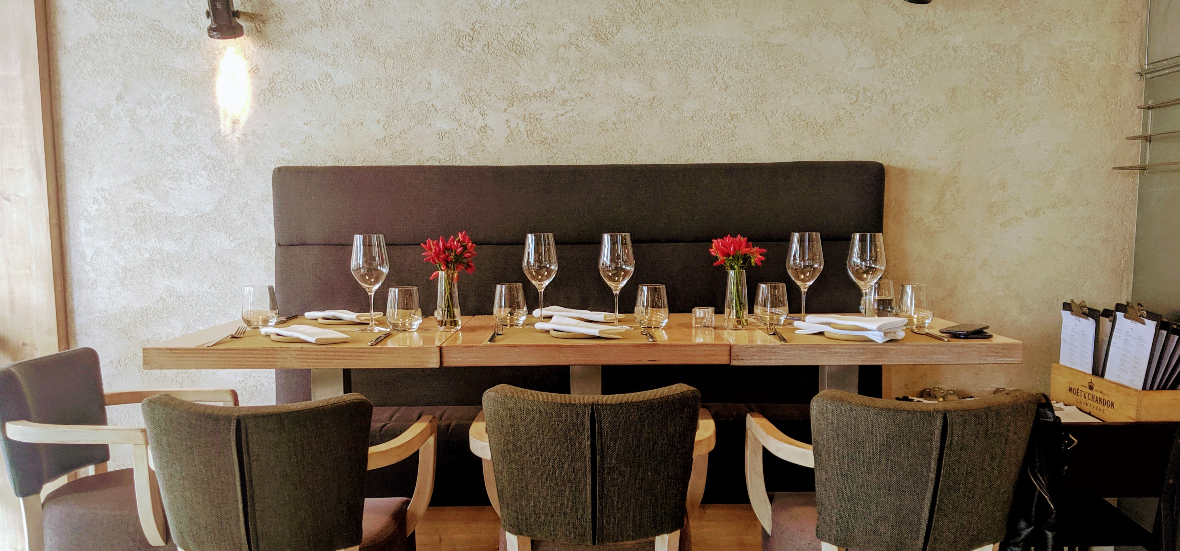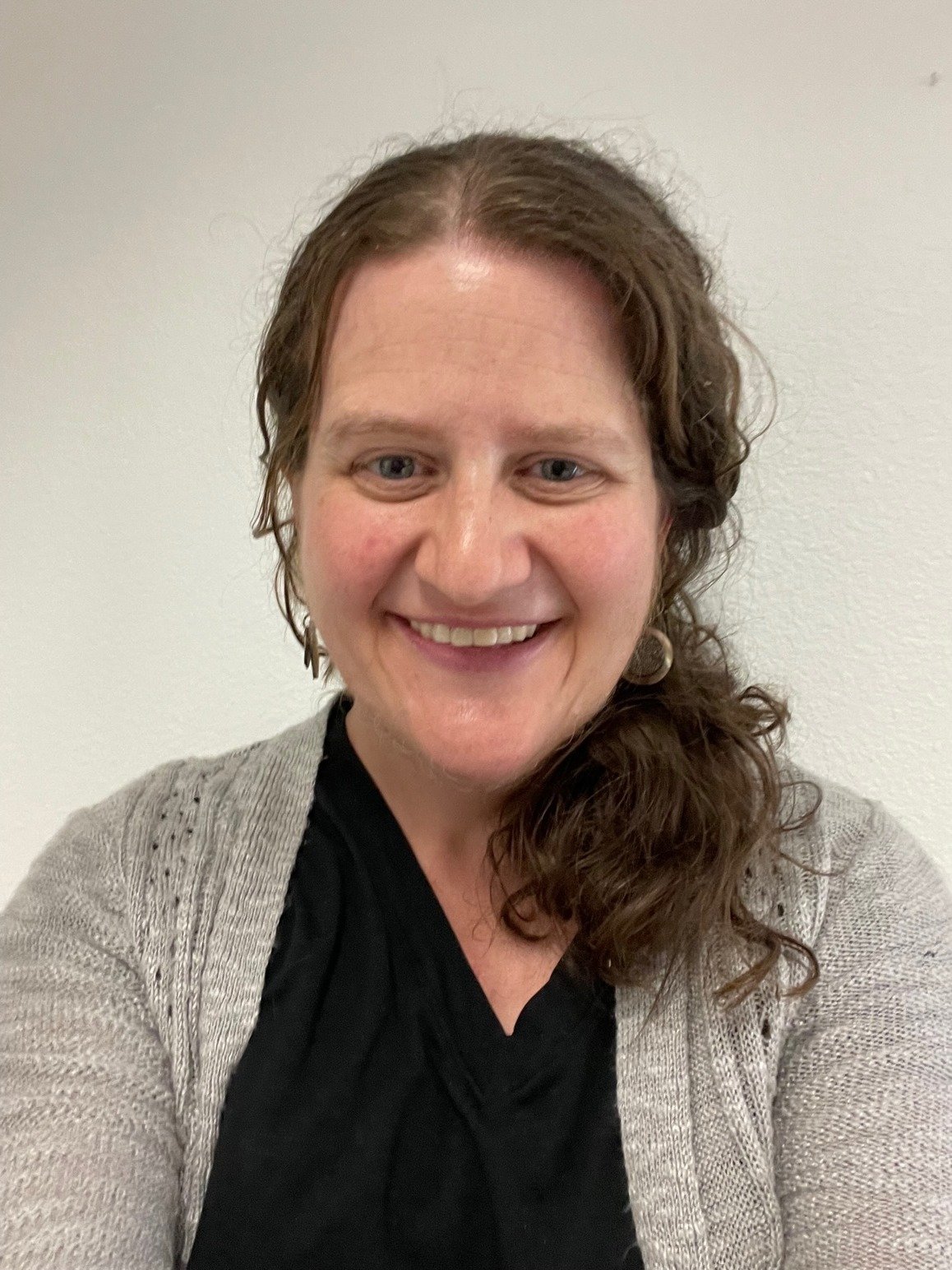
Janelle Peregoy explains the importance of ministering to marginalized divorced and separated Catholics.
Many years ago, I was a new staff member at a parish in a different diocese. On my first Sunday there, I stood by the coffee & donuts after Mass, awkwardly greeting a sea of new faces. One woman broke away from her friends to introduce herself to me. After a few moments of chatting, she shared that she had a Christian friend who was interested in joining her at Mass.
“Why didn’t you invite your friend to today’s Mass?”
“She’s divorced. I told her that the Catholic Church isn’t interested in having her.”
I was stunned into silence. My own parents are divorced Catholics. In that moment, I could not rally any pastoral skills beyond resisting the urge to retort something like, “Well I am glad we didn’t invite Paul to Mass, with that whole persecuting-Christians-thing, we know that he would have been a disaster.”
Later, I learned that this woman was extremely committed to homeless ministry and shares so much of her own talent and treasure. In my better moments, I pray for God’s grace to heal my own judgmental nature.
There is a lot of misguided and antiquated theology in our mix. It filters down into our parishes and creates a sense of exclusivity around the kind of family or individual that our parishes should want to cultivate. The rest of us perceive that we are too young, too old, too divorced, too widowed, too new to this country, etc. to find a home in our parishes. On a side note, I have always been in parishes that seek to encourage young families. Yet, I intimately know the red-cheeked flush of shame when my toddler refuses to cooperate with us during Mass and nearby glares and eye-rolls ensue.
We can and must do better for all our marginalized Catholics.
Many of our pastoral leaders want to create a more inclusive culture at their parishes. They feel deeply called to welcome communities like the divorced & separated and their families. The problem is that the same leaders may not know how to begin and may feel overwhelmed by the prospect of adding another ministry to their already overburdened staff.
I am here to tell parishes that they do not need to begin at that level of commitment. The first step can be as simple as remembering the divorced and single-parent families in the prayers of the faithful. Another basic action is to publish a brief explanation in the parish bulletin correcting mistaken beliefs. “Divorced Catholics cannot receive Eucharist or the other sacraments – FALSE.” Maybe, the pastor can offer a Healing Mass for the divorced & separated. The point is that creating a culture of inclusivity is often easier than we think. If a parish finds that they want to do more, there are facilitated support programs for divorced Catholics.
When we are vulnerable enough to welcome any marginalized group within our parishes or when we break the taboos in our midst, others may begin to notice. In turn, they may start wondering if there is room at the table for them as well.
The Gospel of Matthew offers us a lovely ecclesial model. Let us all pray that we can fully embrace it.
“For where two or three are gathered in my name, I am there among them.” (Matthew 18:20; emphasis mine)
Copyright 2020 Janelle Peregoy
Image: Angela Lo (2020), Unsplash
About the Author

Janelle Peregoy
Janelle Peregoy, M.Div, is an Associate Director in the Office of Family Life & Spirituality at the Diocese of San Diego. So yes, she has found one of the few positions where it is professionally acceptable to contemplate the spirituality of potty training. A Pope Francis bobble-head sits on her desk for inspiration. See more from Janelle on her blog, Faithfully Irreverent.


.png?width=1806&height=731&name=CatholicMom_hcfm_logo1_pos_871c_2728c%20(002).png)
Comments